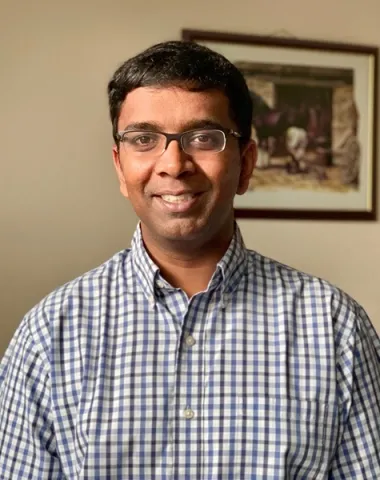About the project
This project aims to develop predictive models for propeller noise generated by in-flow turbulence. It will investigate how background turbulence and upstream obstacles, such as hulls or support structures, impact propeller noise, enhancing our ability to predict and mitigate noise in non-uniform flow environments for improved marine vessel design and operation.
Propeller noise becomes complex when turbulence length scales are large compared to blade pitch, leading to 'haystacked' tonal components at the blade passing frequency. This project will tackle three key challenges:
- analytic model development: You will extend existing propeller noise models to predict both tonal and broadband noise due to in-flow distortion. The model will incorporate arbitrary two-point turbulence statistics and mean flow distortion, enhancing predictive accuracy in non-uniform flow environments
- experimental design and testing in air: You will design and manufacture a propeller rig for controlled experiments in an anechoic chamber. This rig will enable systematic variations in turbulent flow and mean flow profiles, allowing detailed analysis of their effects on propeller noise
- underwater noise measurements: You will conduct propeller noise measurements in the University of Southampton’s towing tank, utilizing an advanced method developed by previous research. This phase will ensure accurate radiated sound power measurements, accounting for reverberation and free-surface effects
This project offers a unique opportunity to advance marine noise prediction technologies, contributing to quieter, more efficient marine propulsion systems. Join us in pushing the boundaries of acoustic research and marine engineering innovation.
The Centre for Doctoral Training in Complex Integrated Systems for Defence & Security (CISDnS) is committed to promoting equality, diversity and inclusivity. We welcome all applicants regardless of their gender, ethnicity, disability, sexual orientation or age, and will give full consideration to applicants seeking flexible working patterns and those who have taken a career break or are transitioning into a new role. The University has a generous maternity policy, onsite childcare facilities, and offers a range of benefits to help ensure employees’ well-being and work-life balance.

